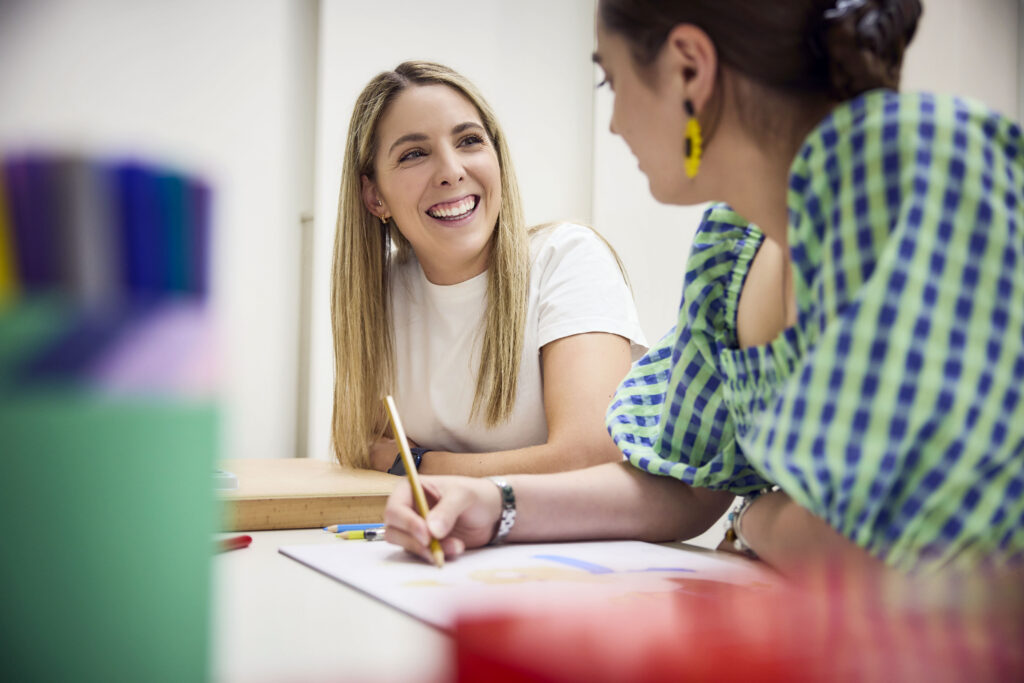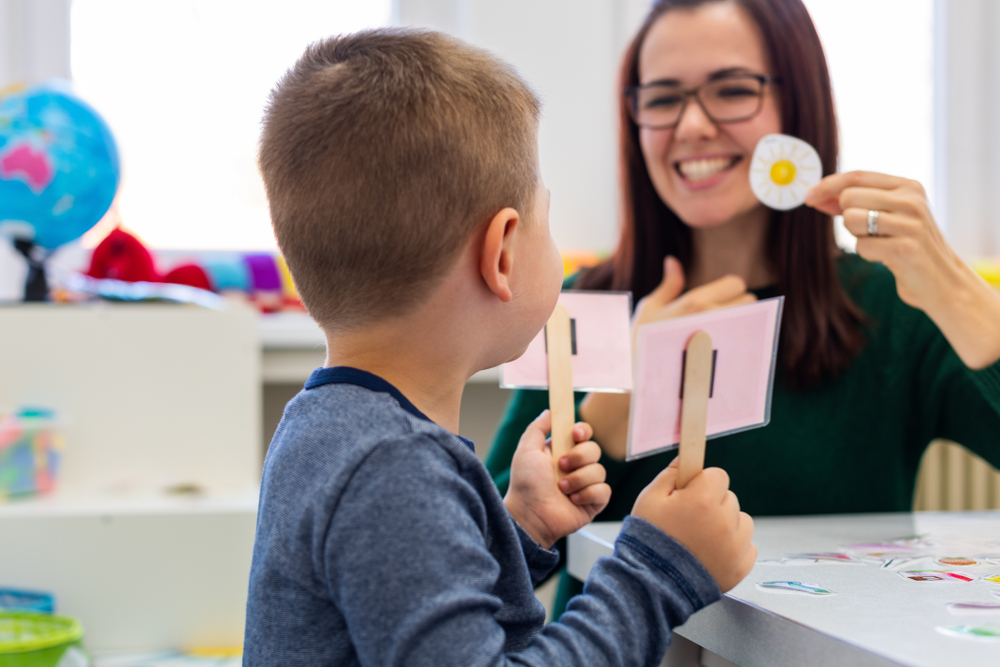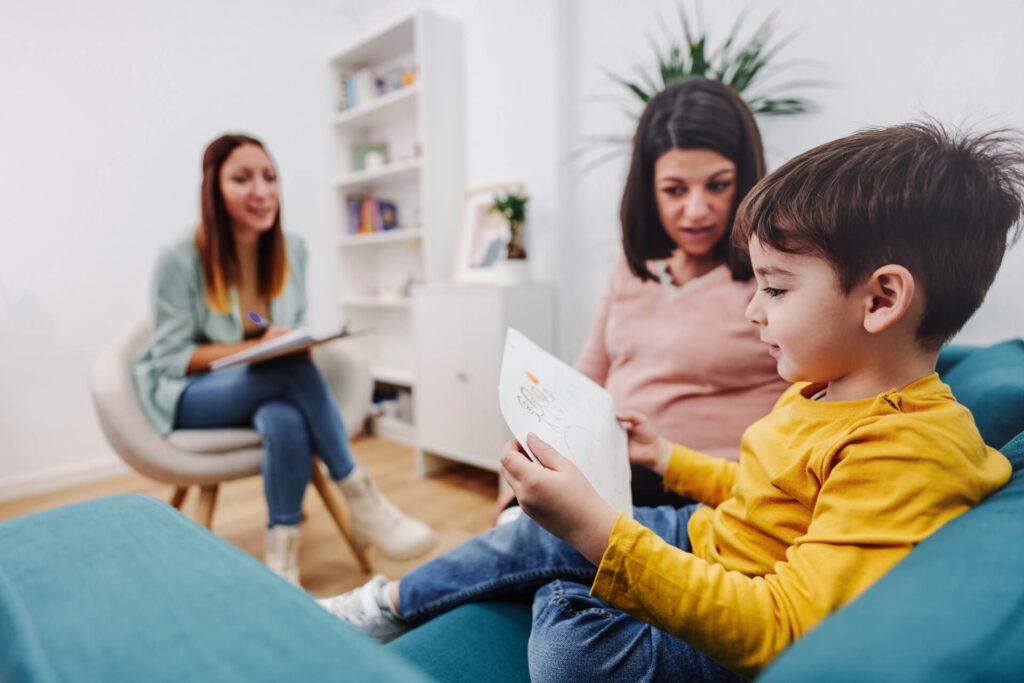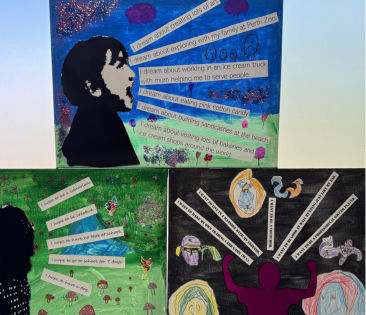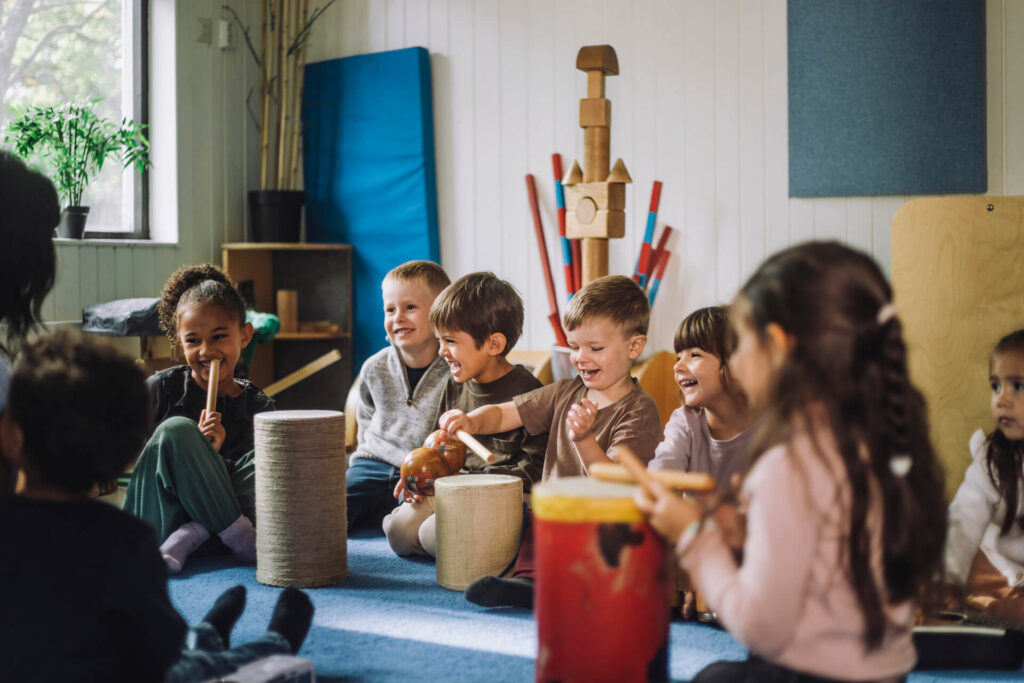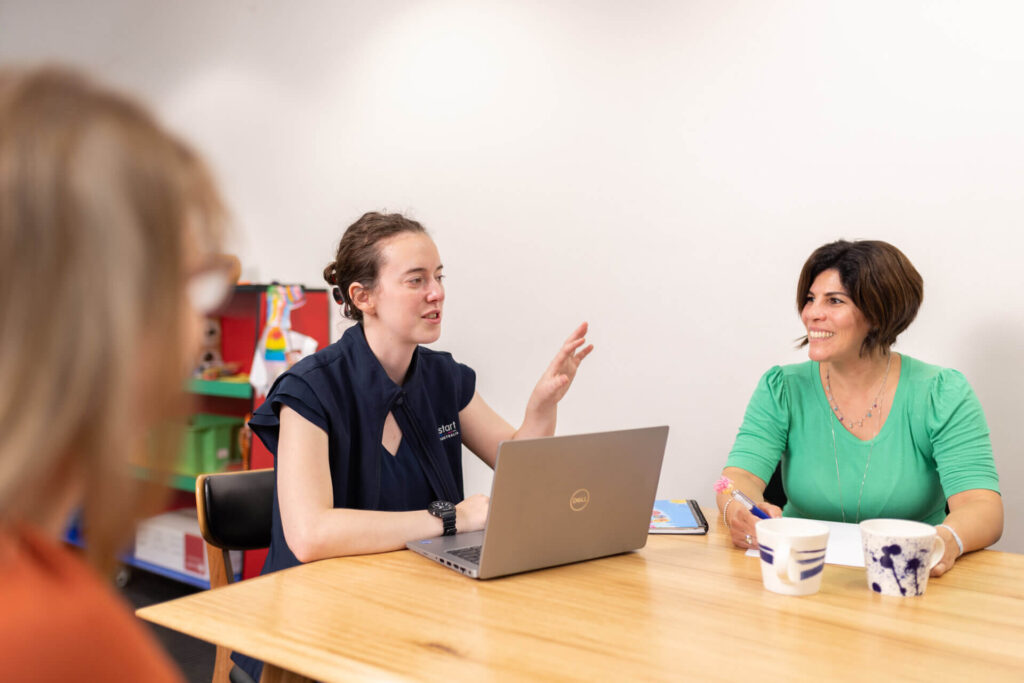Developmental delay: what to look out for?
Let’s explore the signs and symptoms of developmental delay in children, as well as the importance of early detection and intervention.
Learn about the key milestones to watch for and how to support your child if they may be experiencing developmental delays in early childhood.
As caregivers, parents, and educators, understanding the warning signs of delayed development is crucial so that you can provide your child with the help they need to embark on a path filled with growth, learning, and joy.
What is developmental delay?
Let’s start by breaking down what a developmental delay is.
This medical term refers to a condition where a child is not reaching their significant developmental milestones at the times that they are expected to.
This creates an ongoing, significant lag present in a child’s physical, cognitive, behavioural, emotional, and/or social functions when compared to a normal developmental path.
Early identification and timely management of a delay are incredibly important for enabling positive outcomes and growth for your child.
The different ways that developmental delay may present include:
- Cognitive delay: This delay affects a child’s intellectual functioning, impacting their ability to think, learn, and solve problems. Children with cognitive delays may struggle with learning new information, memory, attention, and problem-solving skills.
- Physical delay: This involves a lack of development in gross and fine motor skills, as well as poor coordination and movement. Children may have difficulty achieving milestones such as rolling over, sitting up, walking, or grasping objects. Physical delays can also manifest with issues in vision and hearing.
- Speech and language delay: This affects a child’s ability to understand and use language. Children may have difficulty with expressive language (e.g. forming words and sentences), receptive language (e.g. understanding what is being said to them), or both.
- Social and emotional delay: Children with social and emotional delays may struggle with understanding and expressing their own emotions, as well as recognising and responding to the emotions of others. They might find it challenging to form relationships with peers, follow social norms, or be able to empathise.
- Adaptive or self-help delay: This means a child may struggle with routines or fail to develop daily self-care skills such as, dressing, feeding, and toileting independently.
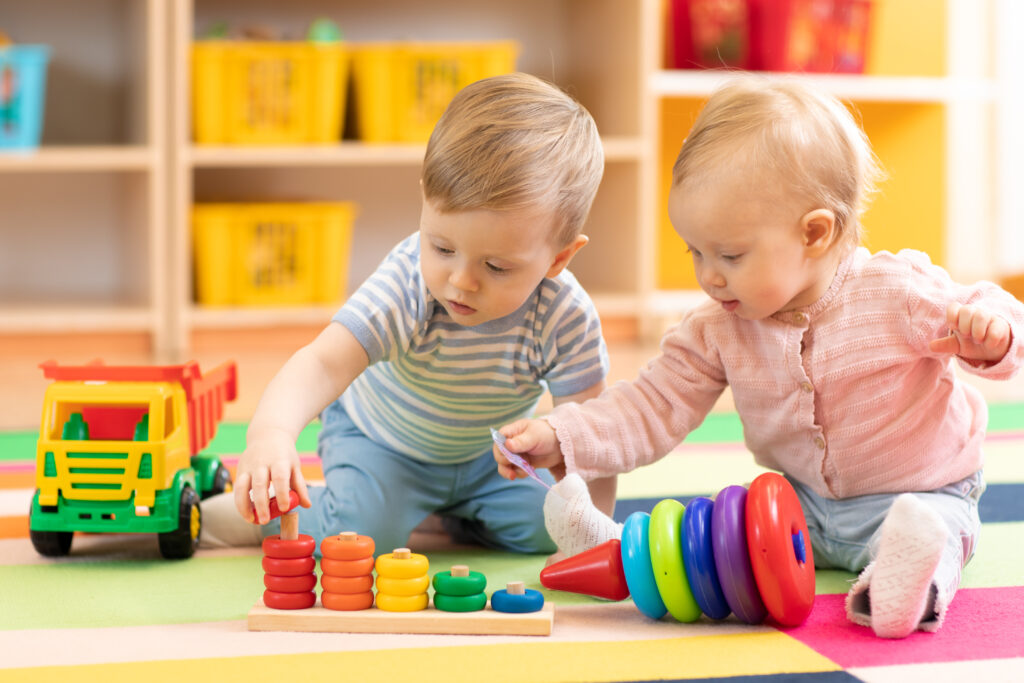
Milestones to watch for in infants and toddlers
Monitoring the developmental milestones of infants and toddlers provides valuable insights into their growth and progress.
Let’s take a look at these and when you should be seeing as your child grows from infancy to early childhood.
Infant milestones
During their first year, babies start to smile on their own, especially when they see people, showing their first social smiles.
They begin making cooing and gurgling noises and turn their heads towards sounds, which are early signs of them learning how to communicate.
They also start to follow moving objects with their eyes, showing they’re curious and want to reach out for things around them.
By the time they’re 9 to 12 months old, babies learn to pick up small objects using their thumb and finger, a fine motor skill known as the pincer grasp.
Toddler milestones
As toddlers grow from one to three years old, their development becomes more complex.
They form strong bonds with caregivers and might feel unsure in new situations with strangers.
Their communication skills improve, as they start pointing at things, speaking in two-word sentences, and understanding simple instructions.
Their thinking skills grow too; they become curious and like to explore and find hidden objects.
Physically, they start walking, running, and climbing furniture on their own, showing increasing independence and ability.
Signs and symptoms of a developmental delay
Considering the milestones of typical childhood development, let’s have a look at some warning signs and symptoms to be on the lookout for if you are worried about a possible developmental delay.
Some of these signs include:
- Delay in babbling and cooing
- Limited eye contact
- Noticing that they are learning at a slower rate
- Not having an interest in socialising during activities like ‘playtime’
- Unable to form sentences or start to talk at a much later stage
- Lack of curiosity or interest in objects or their environment
- does not respond to smiles or gestures
- Lack of fine motor skills (i.e. grasping crayons)
- Clumsiness and/or uncoordinated movements
- Unable to understand the concept of strangers
- Not being perceptive to sounds
- Difficulty following basic instructions
- Inability to associate their actions with consequences
- Having trouble with self-care tasks like showering or making their bed
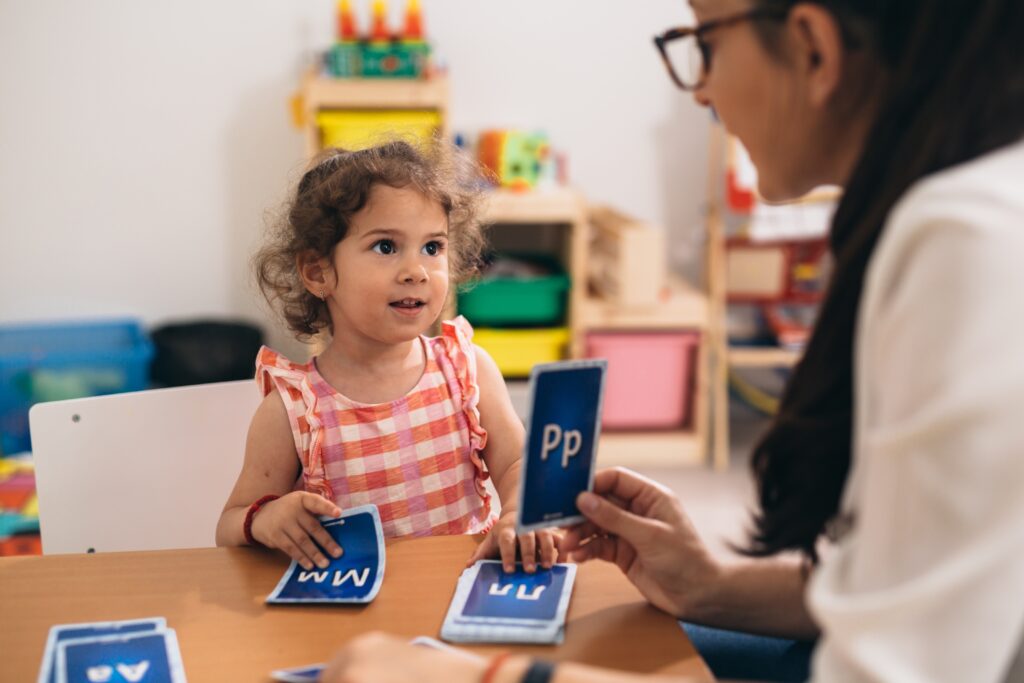
How can we offer support to our children?
Intervention (therapeutic) strategies at Early Start Australia are designed to meet the specific needs of each child and can include therapy services, educational support, and family training.
These programs aim to enhance development in areas such as speech and language, cognitive skills, motor abilities, and social and emotional skills.
The positive impacts of early intervention include:
- Improved learning abilities
- Better social skills
- Increased independence
- Greater readiness for school
Some services and resources that can assist children and families include:
Early childhood intervention services
These services play an important role in supporting children with developmental delays by providing comprehensive assessments and creating personalised plans to address specific needs.
It involves assembling a multi-disciplinary team of specialists, including therapists and educators, to implement strategies that promote a child’s positive progress across their key developmental areas.
Speech and language therapy
Speech therapy focuses on enhancing communication abilities, oromotor skills, feeding and mealtimes support, and swallowing functions.
It assists in improving speech clarity, enriching language comprehension and expression, and fostering effective social communication skills.
It also supports the development of reading and writing skills, which is key for academic success.
Occupational therapy
Occupational therapy focuses on enhancing children’s abilities to perform everyday activities independently.
Through personalised strategies and programs, occupational therapists help children improve their fine and gross motor skills, sensory processing, executive functioning, emotional regulation and self-care tasks.
This therapy also supports the development of play skills, which help them learn better and feel confident in engaging in more social interactions.
Physiotherapy
Physiotherapy aims to enhance a child’s physical abilities and movement.
It targets improving gross motor skills, balance, coordination, and strength through tailored exercises and activities.
Physiotherapists work closely with each child to address personal challenges, ensuring the therapy aligns with their unique needs.
By building upon their physical development, children can achieve key milestones and enhance their ability to explore and interact with their environment.
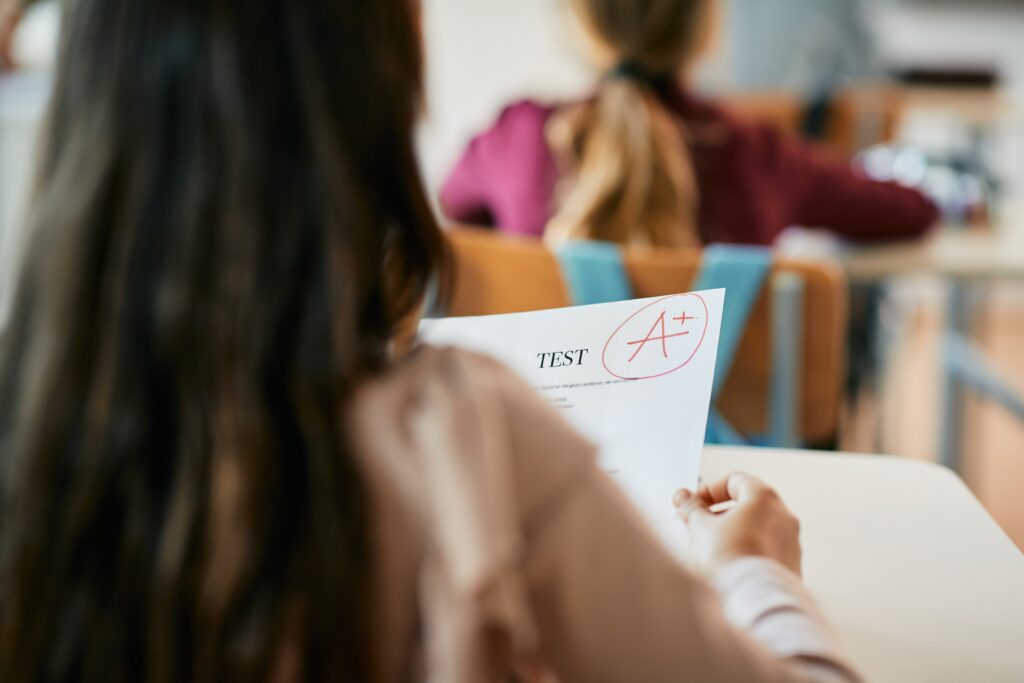
Working with healthcare professionals
Collaborating with a multidisciplinary team of healthcare professionals to create a personalised plan for your child with a developmental delay ensures a well-rounded approach to support their growth.
Having a team round the child that includes therapists, medical professionals, psychologists, and special education teachers, pools their expertise to understand the child’s unique challenges and strengths.
The resulting plan sets specific goals tailored to the child’s needs, covering therapeutic interventions, educational strategies, and home activities to foster skill development and independence.
This process actively involves families, providing them with the tools and knowledge to support the child’s development consistently across different environments.
By ensuring therapy supports are integrated seamlessly into the child’s daily life, from home to school and therapy sessions, this collaborative approach promotes the child’s ability to achieve their full potential.

Start the therapy journey today!
Every child is unique and so is their therapy journey.
At Early Start Australia our multi-disciplinary team have experience supporting children with developmental delays.
Together, we’ll develop a therapy plan to suit your child’s individual needs and help them thrive.
Contact your closest clinic today!




